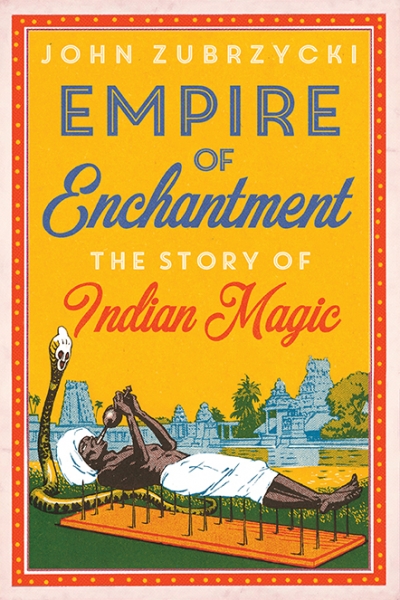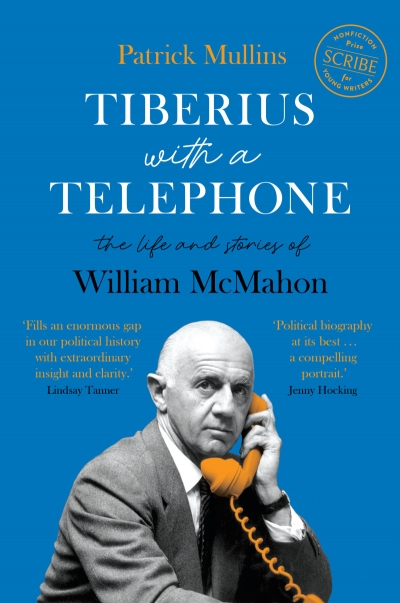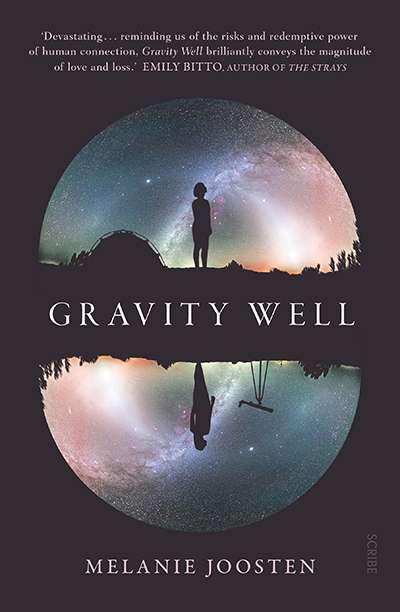Scribe
Trigger Warnings: Political correctness and the rise of the right by Jeff Sparrow
by Russell Blackford •
Empire of Enchantment: The story of Indian magic by John Zubrzycki
by Alexandra Roginski •
Tiberius with a Telephone: The life and stories of William McMahon by Patrick Mullins
by James Walter •
Dick Hamer: The liberal Liberal by Tim Colebatch
by Geoffrey Blainey •
Hell-Bent: Australia’s leap into the Great War by Douglas Newton
by Carolyn Holbrook •










